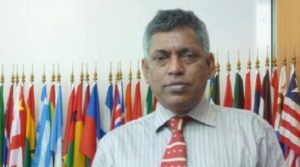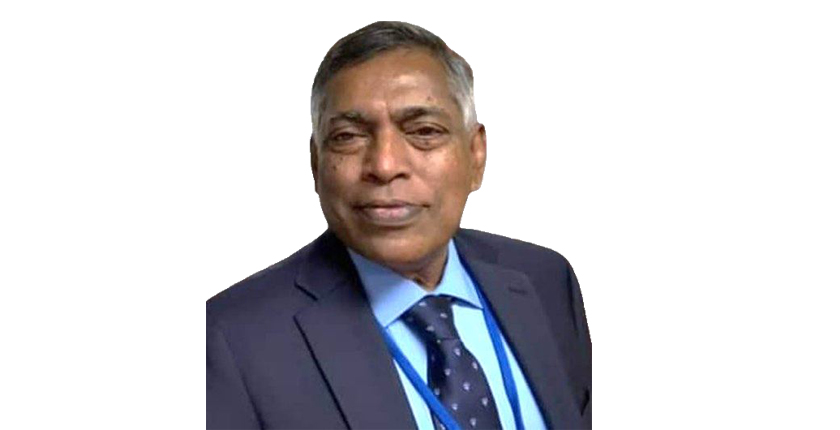For the younger generation of journalists in Bangladesh, Shamim Ahmad’s legacy is a beacon, a reminder of what it means to be professional, principled, and courageous in the pursuit of truth.
Shamim Ahmad, who passed away at the age of 68 on Monday morning, was much more than a reporter. Over decades, he became a respected institution of journalism itself.
As the Chief of Correspondents and City Editor at UNB, and later as City Editor (diplomatic and political affairs) at New Age, he set a benchmark for accuracy, fairness, and professional ethics.
Although active in student politics in his youth, Shamim Ahmad never allowed partisanship to colour his journalism. His credibility and neutrality won him the respect of people across the political divide, from Sheikh Hasina to Matiur Rahman Nizami– a rare feat in Bangladesh’s often polarised media environment.
Although after retiring from active journalism he served as Minister (Press) at the Bangladesh Embassy in Washington, D.C., a post considered political, his refusal to take up a similar position again in the late 1990s showed his distaste for opportunism, a value younger journalists would do well to remember.
Shamim Ahmad was also a powerful organiser and mentor.
He led the Dhaka Reporters’ Unity (DRU), the Diplomatic Correspondents Association Bangladesh (DCAB), and the Overseas Correspondents Association Bangladesh (OCAB), nurturing generations of journalists to uphold the dignity of the profession. He was an active member of National Press Club.
Colleagues remember him as kind-hearted, dignified, and immensely supportive. In the words of OCAB General Secretary Julhas Alam, he was “a very kind-hearted person, and he loved journalism and practised it upholding professional dignity and ethical standards.”
His passing has left an emptiness in the Bangladeshi media fraternity.
UNB Editor-in-Chief Enayetullah Khan, recalling Shamim Ahmad’s contributions, described him as a towering professional whose work inspired others.
DCAB called him “a luminary in Bangladeshi journalism” whose guidance and wisdom will be deeply missed.

Younger reporters will look back at Shamim Ahmad’s life as a model of professional courage, dignity, and ethical clarity. His ability to rise above divisions, his lifelong insistence on reporting the truth, and his quiet dedication to developing journalistic organisations stand as a powerful lesson.
Even when illness forced him into reclusion during the last stretch of his life, the respect and affection for him never waned.
His colleague Moslem Uddin Ahmed, recalling their early days, wrote with great poignancy: Adieu dear former colleague, Shamim Ahmad. We worked together in ENA and UNB, before parting our ways. He was one of the finest reporters of the time. The rest of his lifetime– save a diplomatic assignment– he had to spend as a recluse for life-sapping illness. Rest in eternal peace.
On Monday, after his Namaz-e-Janaza at Chowdhury Para Mati Masjid in Khilgaon, Shamim Ahmad was laid to rest at the Martyred Intellectuals’ Graveyard in Mirpur, a resting place befitting a journalist whose entire life was dedicated to truth, fairness, and the service of society.
He left behind an elderly mother, four brothers, three sisters, a host of relatives, and his followers in journalism.
For the next generation, the name Shamim Ahmad will remain not only a symbol of journalistic excellence but also a reminder that honesty, empathy, and courage are never out of fashion.


